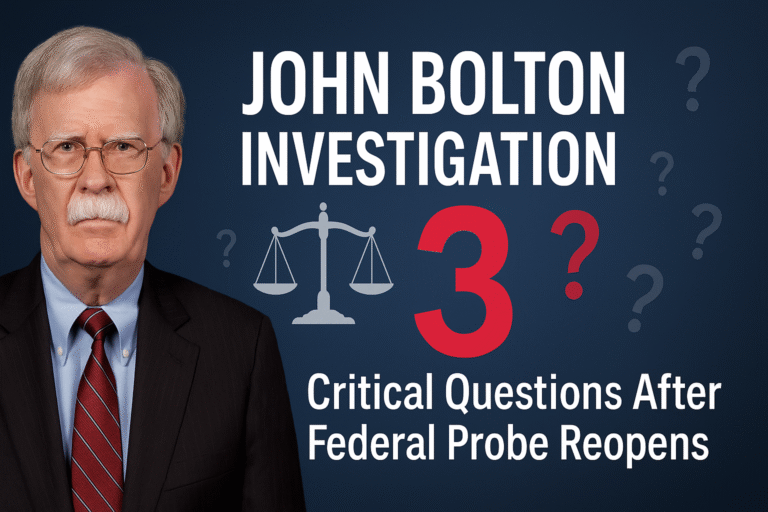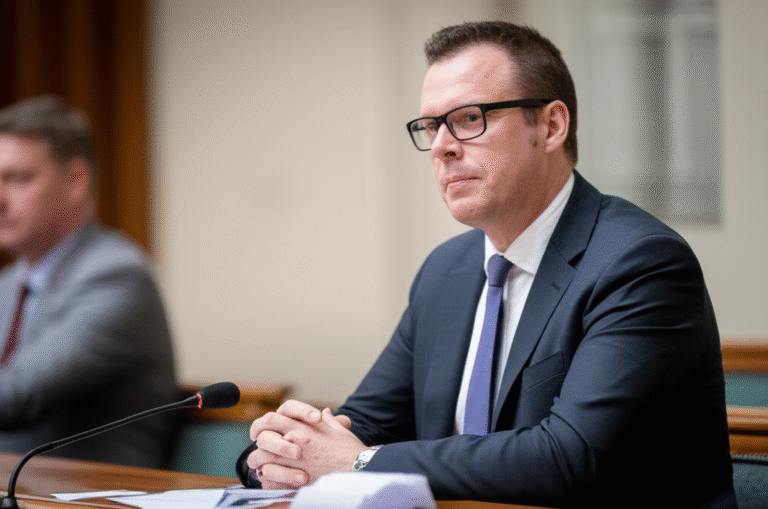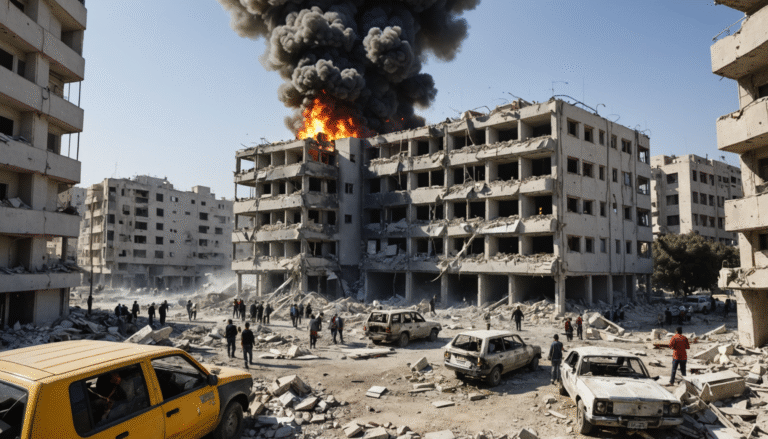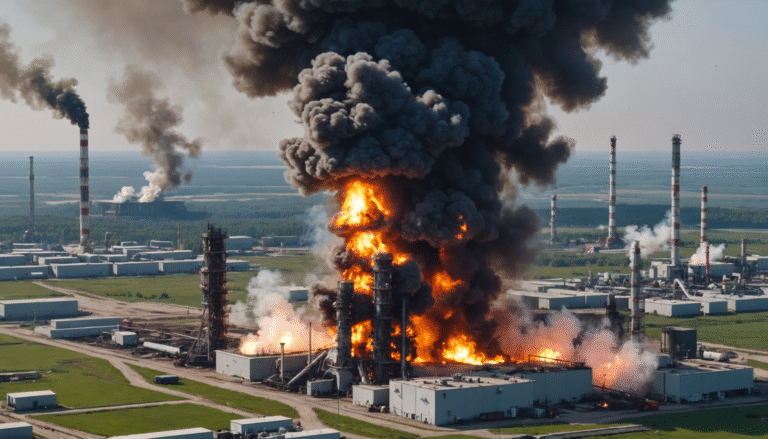
Venezuela’s Defence Minister Vladimir Padrino López has urged citizens to participate in military training camps, preparing for the defense of the country amidst rising tensions with the United States. The Venezuelan government’s actions, which include large-scale military exercises with reservists and militias, are presented as a direct response to what they perceive as threats from the US. This heightened military activity underscores the growing concern over US-Venezuela relations and the potential for further conflict. The focus on military training and mobilization highlights the Venezuelan government’s commitment to bolstering its defense capabilities in the face of perceived external threats. Understanding the context of these actions requires an analysis of the historical relationship between the two nations and the current geopolitical landscape.

Military Drills and US Threats
The Venezuelan government is actively conducting widespread military drills, involving both reservists and militias. These drills are explicitly framed by the government as a direct response to what they consider to be threats posed by the United States. The scale of these exercises suggests a significant effort to enhance military readiness and preparedness. The government’s message emphasizes the importance of national defense and the necessity for citizen involvement in these efforts. Analyzing the specific nature of these drills, including the types of training conducted and the number of personnel involved, could provide further insights into Venezuela’s military strategy and preparedness levels. This focus on military preparedness is not just a reaction to perceived US threats; it also reflects Venezuela’s internal security concerns and geopolitical positioning.
Venezuela Condemns US Actions
Caracas has issued a strong condemnation of the recent seizure of a Venezuelan fishing vessel by a US Navy destroyer within Venezuelan waters. The Venezuelan government views this action as a direct provocation aimed at forcing regime change. This incident adds fuel to the already tense relationship between the two countries, emphasizing the escalating nature of the conflict and the potential for further escalation. The seizure of the fishing vessel is considered a significant escalation of tensions, demonstrating the extent to which the US and Venezuela are willing to engage in actions that could lead to wider conflict. Examining the international legal implications of this action and the broader geopolitical implications warrants further investigation. The event underscores a possible pattern of provocative actions that could destabilize the region.
Regional Instability and the Risk of Escalation
Venezuelan officials have expressed serious concerns that the current provocations could destabilize the Caribbean region. This highlights the broader implications of the US-Venezuela conflict and the potential for regional involvement. The risk of wider conflict extends beyond a direct confrontation between the US and Venezuela, raising concerns about the security of other countries in the region. Understanding the various geopolitical alliances and regional dynamics is crucial to assessing the potential for escalation and broader consequences. The potential ripple effects of such instability could have far-reaching implications for trade, security, and humanitarian concerns. Therefore, monitoring these developments and understanding the potential consequences are critically important.
- Venezuela is conducting widespread military drills involving reservists and militias.
- These drills are framed as a response to perceived US threats.
- Caracas condemned the seizure of a Venezuelan fishing vessel by the US Navy.
- Venezuelan officials warn of increased instability in the Caribbean.
- The Venezuelan government calls on citizens to join military training camps.
Background
The escalating tensions between the United States and Venezuela are rooted in a complex history of political and economic disagreements. These disagreements have been exacerbated by concerns over human rights, governance, and regional influence. The current situation is a culmination of long-standing issues that have intensified recently, leading to the current state of heightened military preparedness and diplomatic friction. The relationship between the two nations has been marked by periods of cooperation and conflict, reflecting the fluctuating dynamics of regional and global politics. Understanding the historical context of this conflict is crucial to interpreting current events and anticipating future developments. The ongoing disputes over resource control and regional power dynamics further complicate this already sensitive situation.
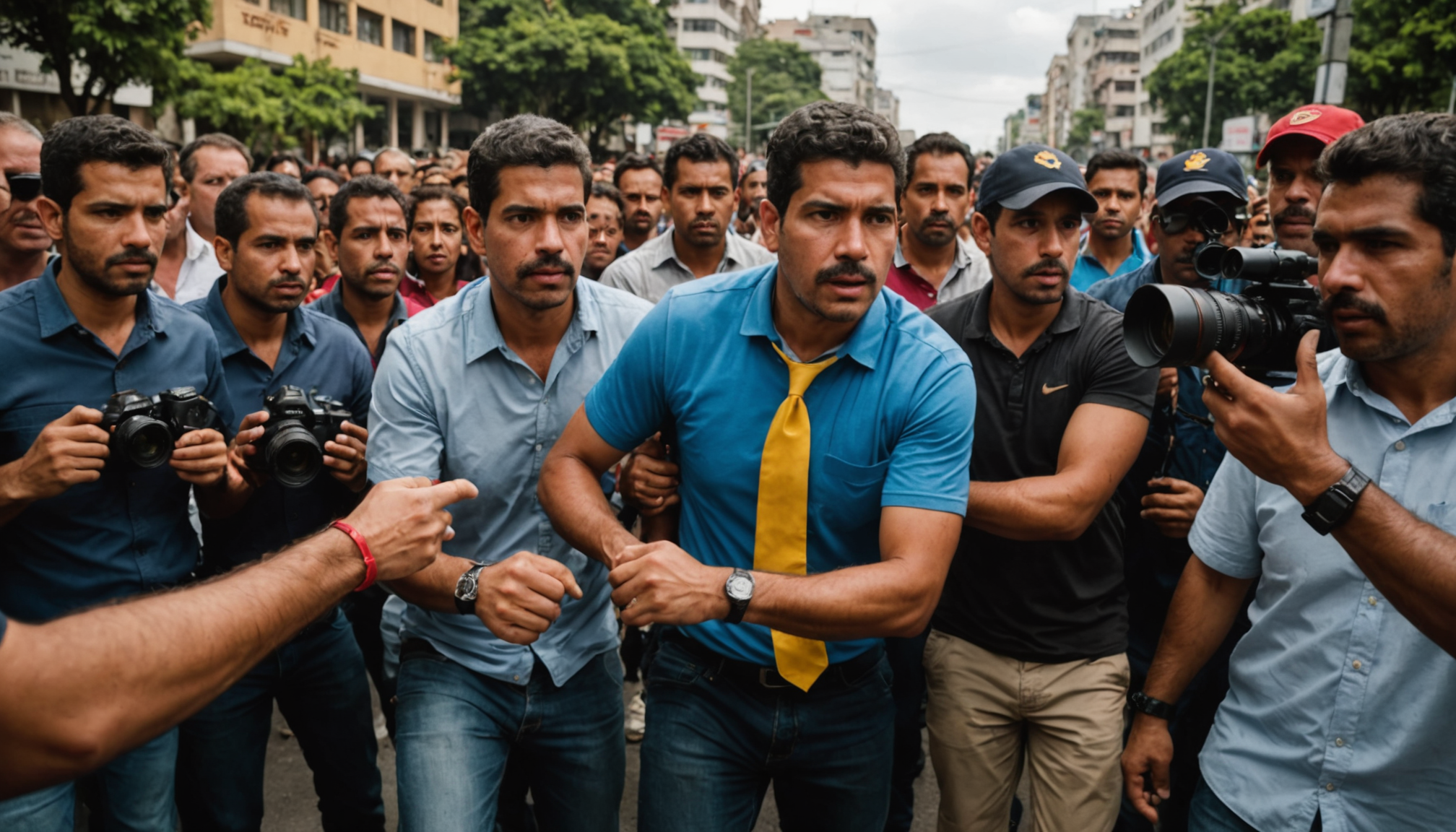
What’s next
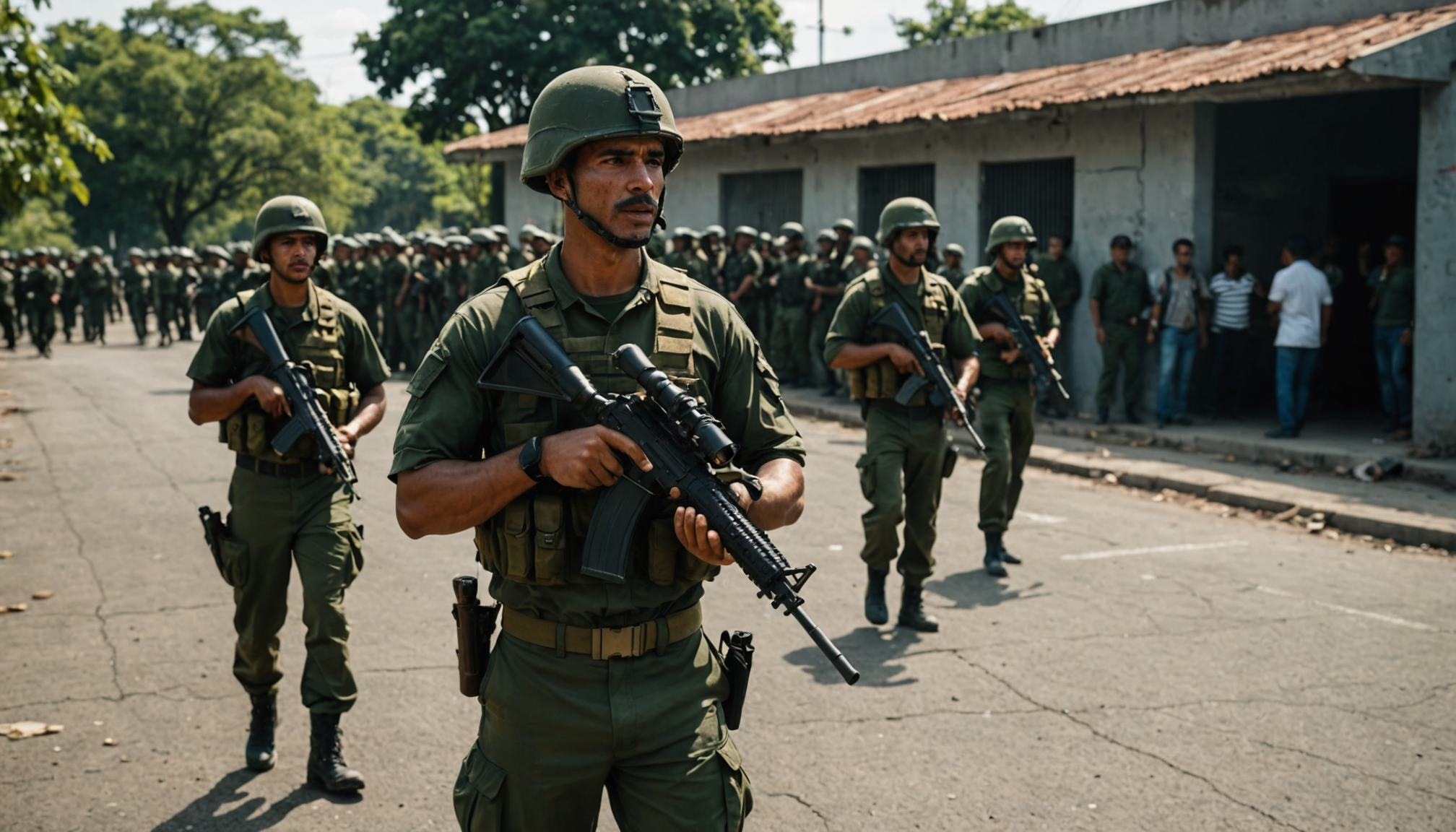
The situation remains highly volatile. Further actions by either side could quickly lead to significant escalation. International efforts towards de-escalation will be crucial to prevent further instability in the region. The international community’s response will play a vital role in shaping the future trajectory of US-Venezuela relations. Continued monitoring of military activities, diplomatic interactions, and economic sanctions will be essential in assessing the trajectory of this escalating conflict. The potential impact on regional stability, human rights, and global politics underscores the need for careful observation and informed analysis of the situation.
The coming weeks and months will be critical in determining the direction of this conflict. Close observation of actions taken by both the United States and Venezuela will provide crucial insights. International diplomatic efforts and the reactions from regional actors will play important roles in de-escalation efforts. The ongoing conflict underscores the need for international cooperation and focused diplomacy in addressing the underlying political and economic issues that have fueled this crisis. The potential for further escalations and the implications for regional security remain considerable.
The situation requires close monitoring. Any further developments will be closely analyzed to understand their impact on the broader geopolitical landscape. The potential impact extends beyond the immediate actors, highlighting the need for sustained vigilance and diplomatic efforts to mitigate risks.


